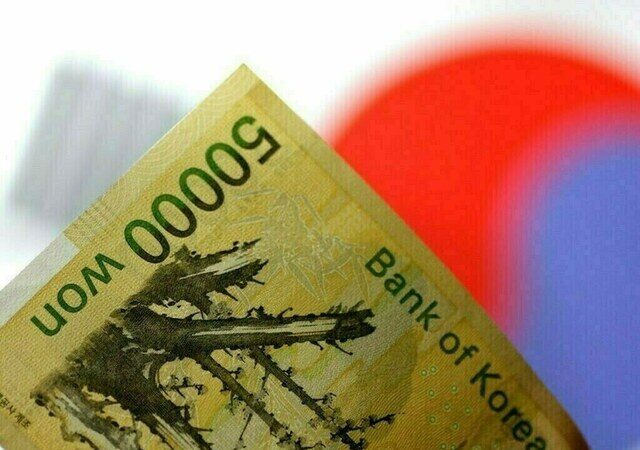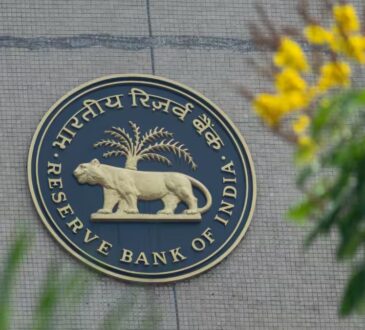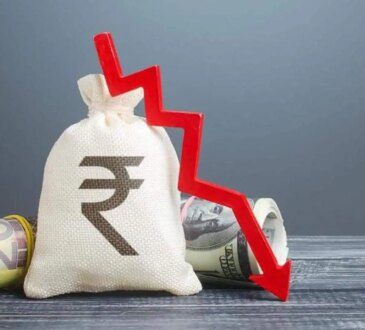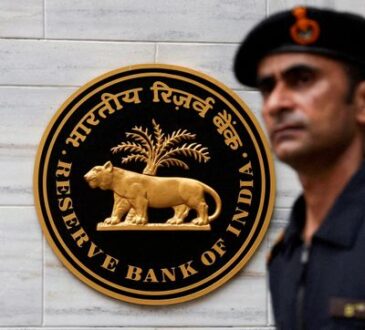
BENGALURU: Asian currencies strengthened against the US dollar on Friday as traders positioned for a Federal Reserve rate cut this month, while equities posted broad gains following Wall Street’s overnight rally to record highs.
The South Korean won strengthened 0.35 percent and Taiwan’s dollar climbed 0.49 percent, leading regional currencies. Taiwan’s benchmark stock index rose 1.3 percent, extending its winning streak as technology stocks rallied.
In Thailand, the parliament was set to choose a new prime minister after a court’s dismissal of Paetongtarn Shinawatra from the post. The baht gained 0.25 percent against the greenback, while stocks in Bangkok advanced 0.99 percent as markets looked beyond the political uncertainty.
Trade, however, remained subdued with Malaysia and Indonesia observing public holidays.
Markets have all but priced in a quarter-point Fed rate cut at next week’s policy meeting, with traders expecting 60 basis points of reductions by year-end. The dollar index fell 0.2 percent to 98.11 as traders awaited US jobs data later in the day. The Fed meets on September 16 and 17. “We anticipate the Federal Reserve will ease policy over the coming months, providing room for Asian central banks to cut rates to support growth amid trade headwinds,” MUFG’s forex strategist Lloyd Chan said.
“Against a backdrop of a weaker US dollar, we favour the yen, rupiah, and ringgit.”
On Thursday, the Bank Negara Malaysia left its overnight policy rate unchanged at 2.75 percent as expected. Expectations of an easier monetary environment have supported global equities. The S&P 500 rose 0.8 percent to finish at a record high on Thursday.
Most regional stock markets rose, with the Philippines’ index climbing 0.69 percent and Singapore’s Straits Times adding 0.38 percent. Japan’s Nikkei gained 0.19 percent, while India’s Nifty declined 0.43 percent.
The MSCI gauge of emerging market currencies was little changed this week, while a gauge of emerging Asian equities advanced more than 1 percent, on track for its best week since August 11. Though Indonesian markets had some respite this week, they could face headwinds again as deadly protests over lawmakers’ bonuses escalated after police killed a motorcycle taxi driver during demonstrations.




